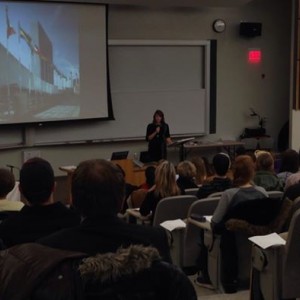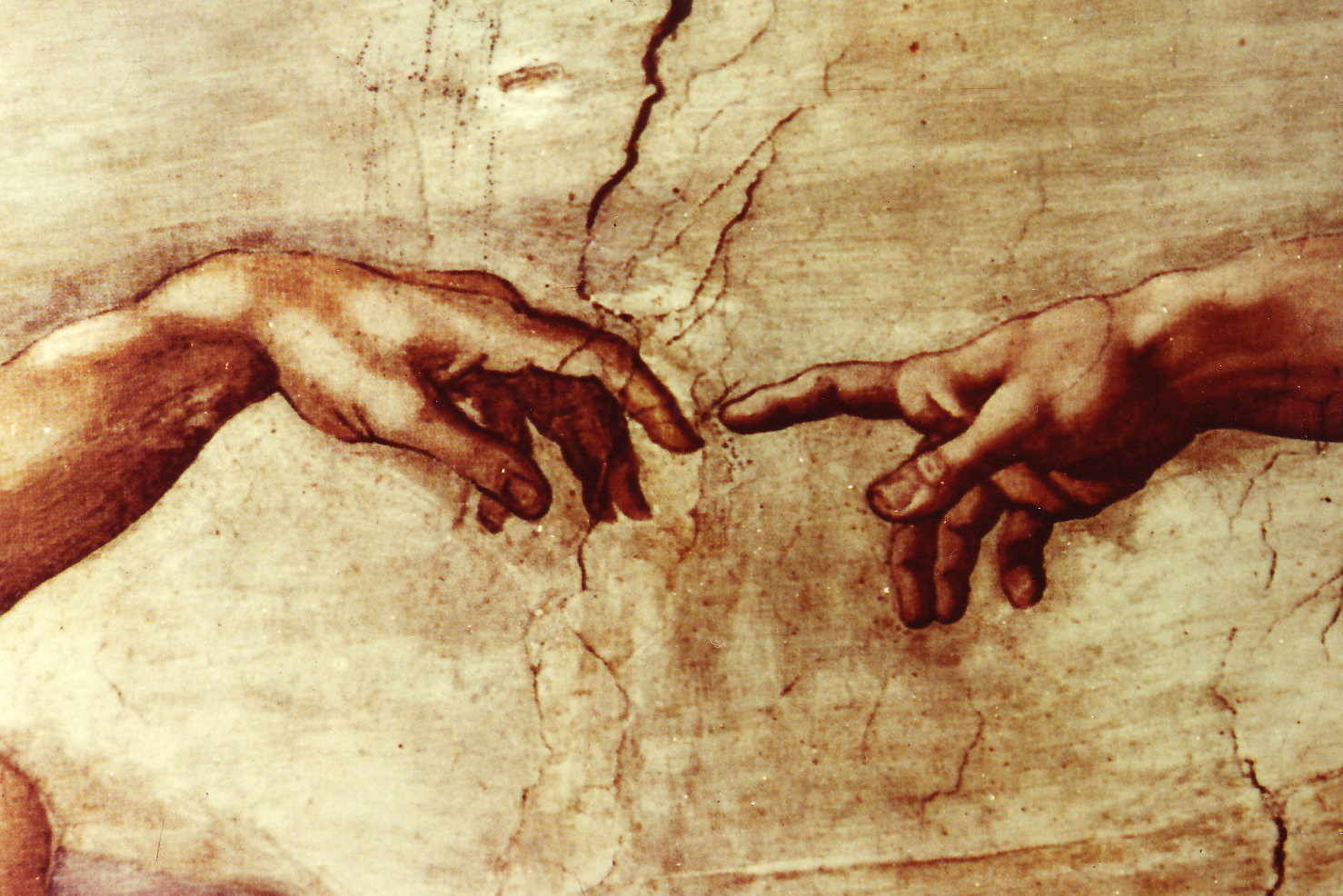Every day, at the crack of dawn, our sons Jonah and Elliot climb into our bed to snuggle together and sleep for a little longer. Today was different. While the house was quiet and the sun still hid behind the horizon, I laid awake thinking about last night’s debate. It became clear that my opponent, Dr. Fraser Fellows, had no coherent argument for abortion, nor did he rebut the pro-life case against abortion—more about this in a post on CCBR’s blog later. But an event like this also warrants personal reflection.
It is one thing to fight abortion on a daily basis; it is something entirely different to meet a man—a husband, father, and grandfather, pleasant to speak to in person—who has literally crushed the skulls of thousands of little children over the years. And so this morning, struggling to comprehend the depth and close proximity of this evil, I picked up “Real Christianity” by William Wilberforce, the British politician who tirelessly fought and ended the slave trade. Very fittingly, he writes the following:
“We need to see our true state as God sees it. Because of His perfect purity and His ability to know us better than we know ourselves, it is likely that He sees problems and failures we are barely conscious of—if we recognize them at all. God always operates in the now. Over time, our defense systems have the ability to dull the conviction of the acts and attitudes that violate God’s holiness. Remorse can turn to faint recognition. But God still knows those actions in the now.
Think of the implications of this observation for the person who has not had an authentic encounter with Jesus Christ or embraced His finished work on the cross as payment for all sin. What if this person had to appear before Christ at this very moment with the full impact and offensive nature of every sin he or she has ever committed revealed in His presence? When I imagine such a scene, it helps me come to grips with the true state of my spiritual life. It is always sobering.”
I shudder as I imagine Dr. Fellows appearing before the Judgment Seat, with the blood of thousands of God’s creatures dripping from his fingers. As much as I hate the “work” he does, I fervently hope that our encounter may serve to break his resolve to provide abortion, currently causing a bloody trail of destruction in our culture and his own soul. With this hope, I gifted Dr. Fellows the autobiography of John Newton—the slave trader who helped to bring over 20,000 African men, women, and children into slavery with his ship before being rescued by amazing grace.
However, with all the interest in a debate like yesterday’s, let us not forget ourselves. How will I stand before God? What will that day be like for each of us? As William Wilberforce aptly points out, that’s a sobering thought. If not covered by the blood of the Lamb, God’s eternal wrath will rest on me as it will on an unrepentant abortionist—though the Bible is clear that those who knew better will be punished all the more. Yet, the remedy for all sinners, from abortionists to outwardly moral people who miss the heart of the matter, can still be found in Jesus Christ, the Son of God who laid down His life for enemies.
In that, He provided the perfect example of what it means to love. True love means wanting the other’s good. It requires sacrifice. And it is manifested through our actions for those around us. Aside from His own life, the Lord Jesus illustrates that in many different stories and examples, perhaps most powerfully in the parable of the sheep and the goats.
“When the Son of man shall come in his glory, and all the holy angels with him, then shall he sit upon the throne of his glory: and before him shall be gathered all nations: and he shall separate them one from another, as a shepherd divideth his sheep from the goats: and he shall set the sheep on his right hand, but the goats on the left” (Matthew 25:31-33).
The following verses make it very clear that, when weighing the lives and actions of those on the right and the left, Jesus counts service to the least as service to Himself. “Inasmuch as ye have done it unto one of the least of these my brethren, ye have done it unto me” (vs. 40). Whatever you did for the least of these, you have done it for me. The Saviour personally identifies with the hungry, thirsty, naked, marginalized, and oppressed. Would it be far-fetched to say pre-born children fit that description?
In his book “Love the Least (a Lot)”, Michael Spielman writes, “The God of the universe humbled himself not just to become a man, but to become a child, an infant, a fetus, and an embryo! To those on his left, to those cursed with eternal fire, Jesus says, ‘I was an hungred, and ye gave me no meat: I was thirsty, and ye gave me no drink: I was a stranger, and ye took me not in: naked, and ye clothed me not: sick, and in prison, and ye visited me not (vs. 42, 43).’ Is it really such of a stretch to imagine him also saying, I was in the womb and you gave me no care, I was threatened by abortion and you did not intervene, I was an embryo and you said I didn’t matter, a fetus and you said there were more important things to do? The measuring stick of Christian love is not what we do for our friends. It’s not what we do for the healthy and put together. It’s what we do for the ‘least of these.'”
While the Bible is clear that good works will not merit us salvation but are rather to be done in obedience and thankfulness to God, this parable powerfully illustrates that our actions will be weighed in the balance. As Spielman notes, “We would do well to feel the weight of Christ’s warning to the goats.”
This is also true in light of my debate with Dr. Fellows. When confronted with those who willingly advocate and carry out a worldview that literally leaves little children in the trash, it is fitting to take inventory of our own lives. What matters at the end of the day is whether we are reconciled with God, but let’s not think that’s a spiritual question without practical implications. The Great Commission is to love the Lord above all and our neighbour as ourselves. And love, the Lord Jesus shows us, is a verb.
When God’s creatures are destroyed in our culture, loving Him and our neighbour—both born and pre-born—can mean nothing else than taking action. So march on we must, being a voice for the voiceless in the place we’ve been given in this life, but with the disposition of my 3-year old who remarked this morning,
“Let’s pray for that Doctor and for all the babies. Because the Lord can do everything.”




